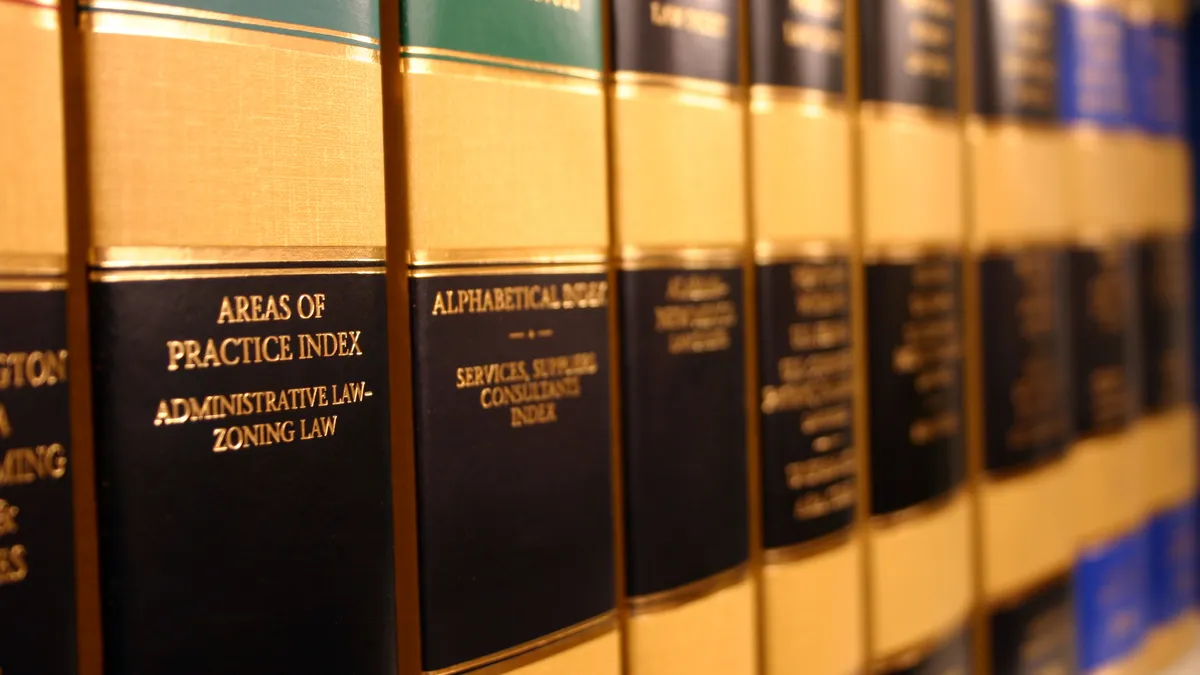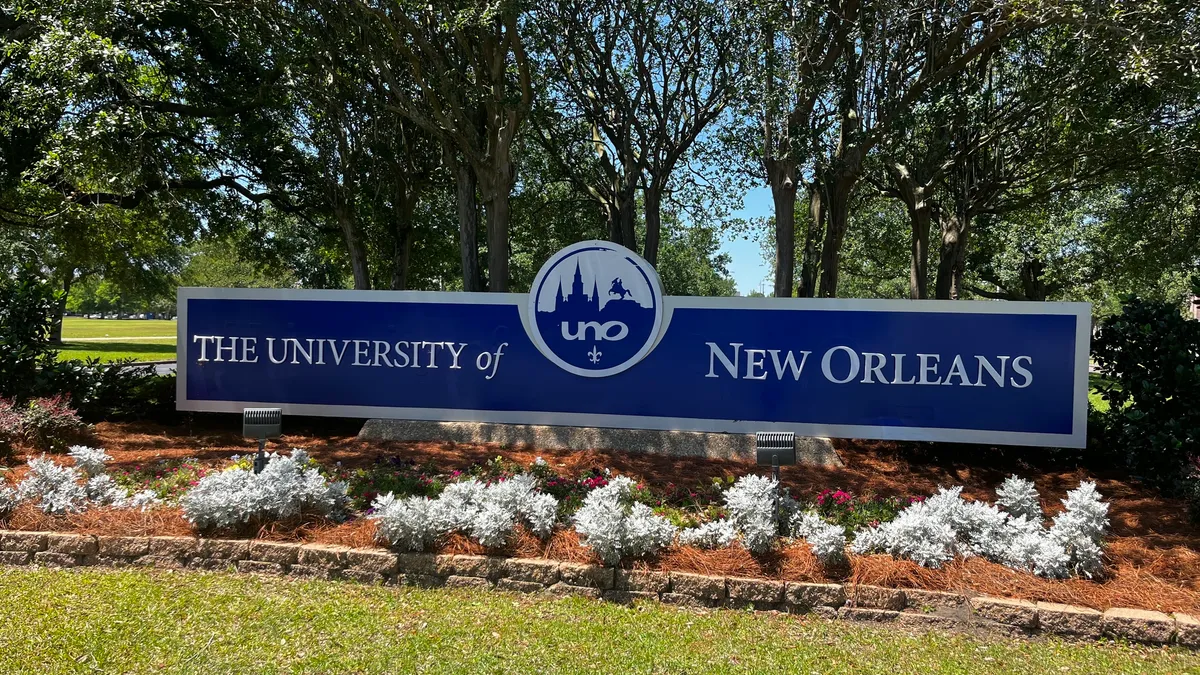The American Bar Association’s proposal to remove requirements that applicants submit entrance exam scores — notably the Law School Admission Test — has so far drawn a mixed reaction from legal professionals and academics.
The ABA, which accredits about 200 U.S. law schools, is debating Standard 503 of its policies, which demands institutions use a “valid and reliable” admissions exam. An ABA committee has proposed paring down that standard, giving law schools the opportunity to make admissions testing optional.
One of the organization’s governing bodies, the Council of the Section of Legal Education Admissions to the Bar, voted in late May to put the plan out for public comment for 90 days before considering it further.
The proposal to alter the standard comes as a movement to extract testing requirements from undergraduate admissions sweeps the nation, with at least 1,700 institutions not mandating test results for the fall 2023 admissions cycle. COVID-19 challenged the SAT and ACT’s dominant place in admissions as pandemic restrictions prevented common testing sites from opening.
However, testing requirements may prove more difficult to dislodge from the often competitive law school admissions culture, where the LSAT has been a cornerstone for decades.
Criticism around the LSAT
Draft language for a revised Standard 503 states that a “law school may use admission tests as part of sound admission practices and policies. The law school shall identify in its admission policies any tests it accepts.”
The LSAT was essentially the sole test that meets its current standards, though some colleges tried out the Graduate Record Examination instead. The ABA in November formally allowed its law schools to use the GRE.
Supporters of ending LSAT and testing mandates say doing so would remove hurdles for underrepresented students to apply to law school, potentially improving the law field’s racial diversity. Meanwhile, the LSAT’s promoters argue it provides the best objective measure of academic talent before students start taxing law school coursework.
The ABA had posted roughly 40 statements to its website as of Wednesday evening that were submitted as part of the 90-day period to glean opinions on ending testing requirements.
The council will make a final decision after reviewing feedback it receives during that window, which ends Sept. 1. Another governing body, the ABA House of Delegates, will also look over the proposal. A timeline for when the change might occur is unclear.
Inside the debate
Thus far, public feedback has been fairly evenly split in favor of rewriting Standard 503 and preserving it.
About 50 law school deans and admissions representatives submitted a 20-page defense of the current Standard 503. They were led by Kristin Theis-Alvarez, assistant dean of admissions and financial aid at the University of California, Berkeley School of Law and Rebecca Scheller, associate dean for admissions and financial aid at the University of Wisconsin Law School.
Theis-Alvarez and Scheller both sit on the trustee board for the Law School Admission Council, or LSAC, which administers the LSAT. LSAC earned $33 million in revenue, about half of its total revenue, from the LSAT, according to its latest tax filing.
LSAC argued in a previous statement that making entrance exams optional for law schools “may often work against minoritized individuals.”
The law school officials wrote research has not definitively proven test-optional rules bolster student body diversity, and they feared minimizing testing would potentially erect new barriers for historically disadvantaged applicants. They pointed out undergraduate GPA could be an unreliable measure of a student’s academic prowess without studying the inequities built into it.
They also called the proposed changes overly broad. Right now, the Standard 503 specifies using a test for a particular purpose — admissions. But the revision would give “a license to law schools to use any test for any purpose,” they wrote.
“If the proposal is adopted as written, we may quickly find ourselves in both a test-elimination and test-proliferation era, adding confusion, cost, and additional bias into application review processes,” the officials wrote.
Josh Lord, who co-founded test preparation company LSAT Engine, wrote in a public comment to the ABA that comparing college GPAs is difficult when students can choose from “thousands of courses in hundreds of disciplines.”
“The LSAT, however, covers a specific set of logical skills, not simply rote content that requires memorization, such as math formulas and vocabulary. The application of these logical skills mirrors those that are required when examining a case or applying a statute,” Lord wrote.
Others backed removing testing requirements.
Among them was the Clinical Legal Education Association, which represents law professors nationwide. CLEA wrote the ABA’s moves “reflect a growing recognition that traditional standardized tests can discourage or exclude diverse applicants.”
Analysis published in 2020 in the New York University Law Review found Standard 503 in recent years represented “a significant barrier to entry with disparate negative impacts on” students who are from racial minority groups, women, low-income applicants and those with disabilities.
In another statement, an individual named Aiemee Low wrote about taking the LSAT with a disability. Testing was never a strong suit no matter how much preparation Low put in, partially because of medical problems, according to the statement.
But, Low wrote, “I have experience managing company budgets, invoices, 401k and medical plans, scheduling employees, all tasks that take thinking, maneuvering, logic. Should these experiences not count?”
Low suggested instead that law schools host interviews with applicants to get a sense of who they are.
“You can be really polished through test scores, a resume, or a personal statement, but to speak in-person, of which you will be doing at your job as a lawyer, is a skill that cannot be taught, cannot be tested or measured on a scaled score,” Low wrote.
This article has been updated with additional information about the Law School Admission Council and its trustees.






















